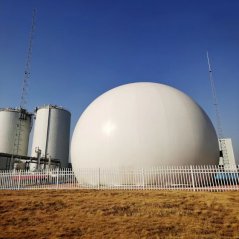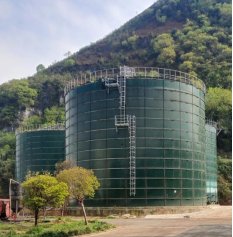Introduction:
With the continuous development of society, livestock farming has gradually become an integral part of people's lives. However, the waste generated during livestock farming not only causes environmental pollution but also wastes valuable organic resources. In order to achieve sustainable development, the integration of livestock farming and biogas engineering has emerged as a solution. This article will explore how to combine biogas engineering with livestock such as cattle, pigs, and sheep to maximize resource utilization.
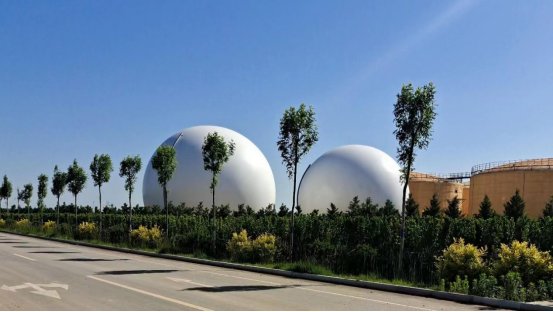
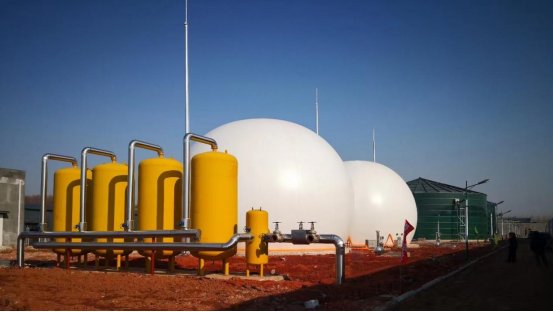
1. Introduction to Biogas Engineering:
Biogas engineering is the process of converting organic waste into biogas through biological fermentation. This clean energy source can not only replace traditional energy sources but also help reduce greenhouse gas emissions. In livestock farming, the rational use of biogas engineering can transform organic waste such as livestock and poultry manure into valuable biogas, achieving the recycling of resources.
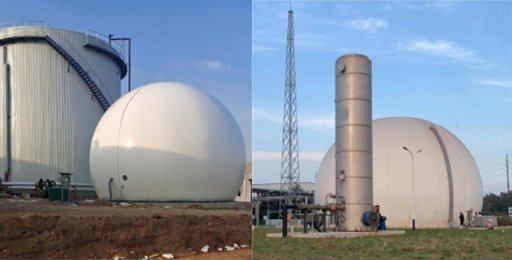
2. Integration of Cattle Farming and Biogas Engineering:
Cattle are important livestock, and their dung contains a significant amount of organic matter. By fermenting cow dung in biogas digesters, abundant biogas can be produced. This can serve as fuel for the farm and be converted into electricity through power generation equipment, providing clean energy for the farm. Additionally, the effluent from biogas can be used as organic fertilizer, providing nutrients for crops.
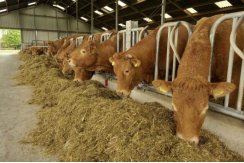
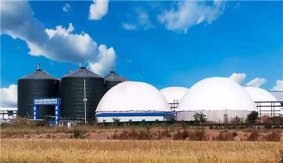
3. Integration of Pig Farming and Biogas Engineering:
The disposal of waste from pigsties has always been a challenge in livestock farming. By introducing biogas engineering, pig manure can be effectively fermented, reducing pollution and producing usable biogas. This not only saves energy costs but also contributes to improving the environmental quality of the livestock farm. Furthermore, biogas power generation equipment can provide additional economic benefits for the farm.
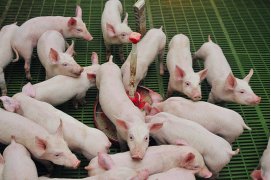
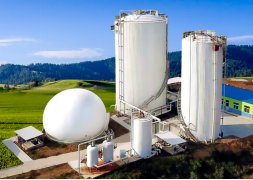
4. Integration of Sheep Farming and Biogas Engineering:
Sheep dung is also a treasure trove of organic resources. By constructing biogas digesters, sheep dung can be biologically fermented to produce efficient biogas. This is an economically practical energy solution for remote areas engaged in sheep farming. Additionally, biogas engineering can help reduce the impact of climate change, contributing to sustainable environmental development.
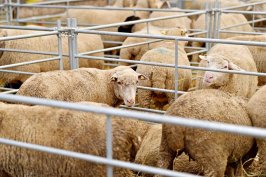
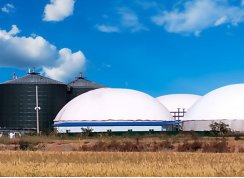
Conclusion:
The synergistic development of livestock farming and biogas engineering is a feasible and sustainable development model. By integrating cattle, pigs, sheep, and other livestock with biogas engineering, it not only addresses the challenges of livestock waste disposal but also provides clean energy and organic fertilizer, realizing the recycling of resources. This model not only promotes the sustainable development of agriculture but also brings economic and environmental benefits to farms.
